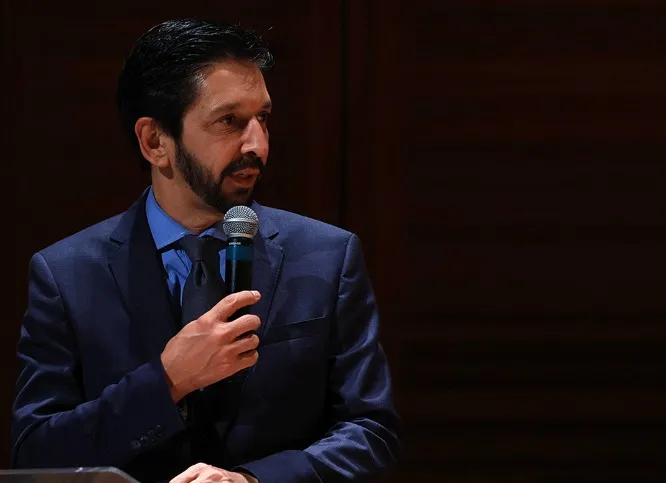Parliamentarians from the Socialism and Liberty Party (PSOL, in Portuguese) have called on the Electoral Public Prosecutor's Office (MPE, in Portuguese) and the Labor Public Prosecutor's Office (MPT, in Portuguese) to investigate the mayor of São Paulo, Ricardo Nunes (Brazilian Democratic Movement, also known as MDB in Portuguese). Among the accusations against Nunes are moral harassment and violations of labor rights, violations of electoral regulations and the principles of public administration, the use of the public structure for electoral purposes, the abuse of political power and authority, as well as coercion.
The lawsuit, signed by city councillor Celso Giannazi (PSOL), São Paulo state deputy Carlos Giannazi (PSOL) and federal deputy Luciene Cavalcante (PSOL), was filed on Thursday afternoon (1st) after Brasil de Fato reported that São Paulo City Hall is pressuring workers to join Ricardo Nunes' electoral campaign "under penalty of losing their jobs.”
In the text of the lawsuit, the three parliamentarians ask the agencies to adopt "the appropriate measures to hold Nunes accountable – civil, criminal and administrative", to ensure the "fairness of the electoral process" in the city of São Paulo in 2024.
The case
Last week, workers in departments linked to São Paulo City Hall received a link to a form from Nunes's electoral campaign for reelection. The form asked if they would be willing to collaborate voluntarily on the mayor’s candidacy.
In the form, workers must answer whether they have social media accounts, how many followers they have, whether they are affiliated with political parties, are going to campaign for any politicians and would make their vehicles available for stickers.
A source Brasil de Fato interviewed, a person who works in a department of the city government, says that commissioned workers were forced to join a WhatsApp group where they received the form link and were pressured to fill out the document.
"In some departments of the São Paulo City Hall, there is an 'invitation' to commissioned workers only to fill in a form," said the city hall worker, whose identity will not be disclosed to prevent them from being targeted.
"After that, heads of units share lists 'asking' if the worker has filled in the form and if he or she will take part in electoral campaign events. It turns out that despite commissioned positions being positions of trust, they are often filled by technical and non-partisan professionals, people with technical knowledge and without any ties to political parties. These people feel coerced to fill in the forms and take part in the events, under penalty of losing their jobs," said the worker.
Brasil de Fato accessed the form using a fake name and confirmed that the link was still active. To access the questions, the person is obliged to provide sensitive data, such as CPF (the Brazilian equivalent to US social security number) and cell phone number.




